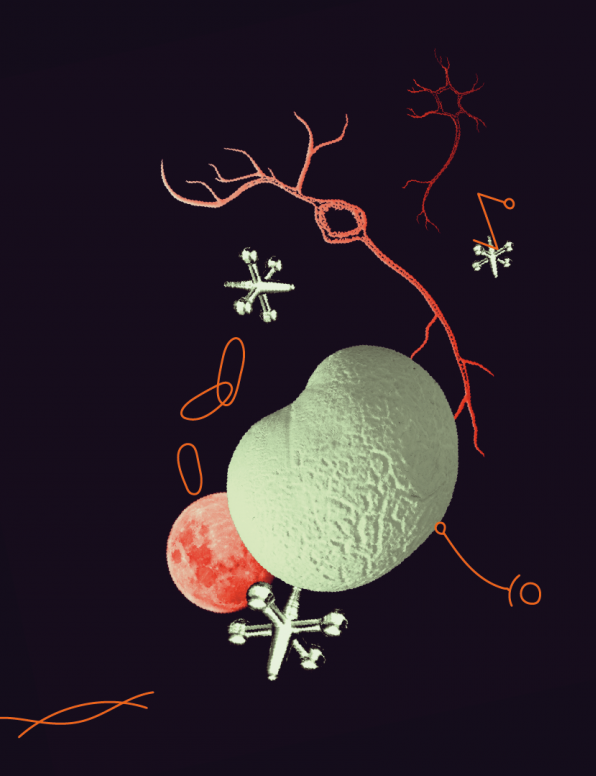Dr Jocelyne Vreede of the Computational Chemistry group at the Van ‘t Hoff Institute for Molecular Sciences has recently been awarded funding as part of the Marie Curie doctoral network MeChaNiSM. This will enable her to appoint two PhD students who will work on molecular simulation methods for nucleic acids (DNA and RNA). The aim is to better understand how nucleic acids interact with other molecules such as therapeutics, and study the effect of modified fluorescent nucleotides on the shape of DNA and RNA.
The MeChaNiSM network, an acronym for Mechanical Characterisation of Nucleic Acids using Single Molecule Methods, includes eight European universities and four associated industrial partners. It is coordinated by Chalmers University of Technology in Sweden (professors Fredrik Westerlund and Marcus Wilhelmsson) and has a total budget of just over four million euros. In total, fifteen PhD students will be appointed.
MeCHaNiSM: Mechanical Characterisation of Nucleic Acids using Single Molecule Methods
Nucleic acid (NAs)-based therapies have started to yield major advances in the treatment of human disease. New approaches for understanding NA structure and function are required to extend the boundaries of today’s gene editing technologies, cancer therapies, and mRNA vaccines. Single- molecule techniques have revolutionised our understanding of NAs and their interactions with therapeutic oligonucleotides, small molecules, and proteins. However, for Europe to remain competitive in this area, new expertise is urgently required in single-molecule NA analysis, which intersects the fields of physical chemistry, biophysics, NA synthesis, and computation. MeChaNiSM will train the next generation of European scientific leaders in the development and use of single-molecule biophysics techniques where they will investigate critical interrelated question regarding the structure, dynamics, function, and interactions of NAs.
